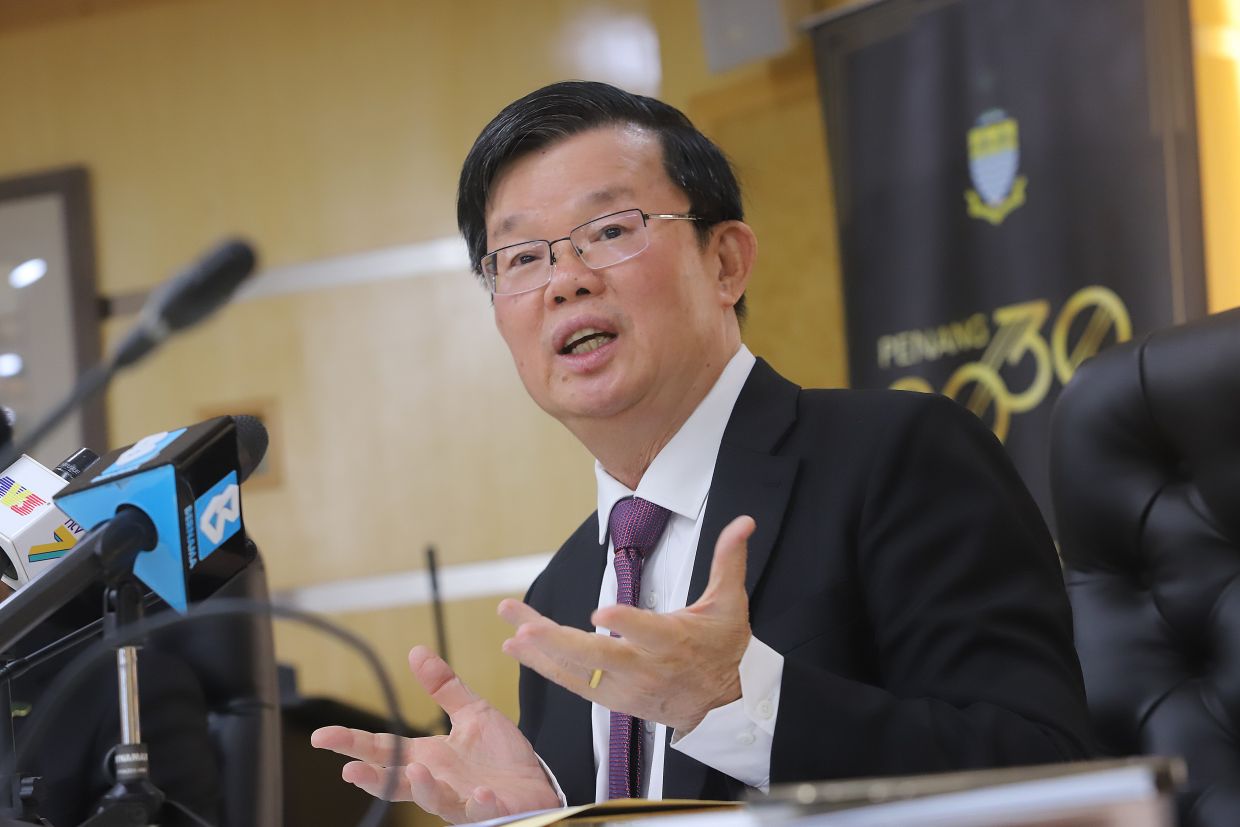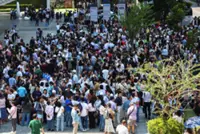KUALA LUMPUR: Recent incidents of sinkholes and landslides in the country are indeed wake up calls for us to prioritise overall safety in daily lives, says Tan Sri Lee Lam Thye.
The Alliance for a Safe Community chairman said in Kuala Lumpur, the fact that senior ministers, Kuala Lumpur City Hall (DBKL) officials, and Fire and Rescue department personnel have swung into action is reassuring.
"Deputy Prime Minister Datuk Seri Fadillah Yusof has already called for an integrity audit of the overall sewage system for Jalan Masjid India, the scene of the first tragic sinkhole a week ago.
"However, questions remain about other possible danger spots in the rest of Kuala Lumpur and elsewhere," he said when contacted on Thursday (Aug 29).
Lee questioned whether the country has a system that prioritises regular safety audits in areas prone to floods, landslides, and other dangers posed by climate change.
"Comprehensive safety measures involve enhanced geological surveys. Thorough geological assessments of affected areas are needed to identify potential risks.
"Understanding the underlying soil and rock conditions will help predict and prevent future sinkholes and other danger spots," he said.
Lee called on the authorities to have real-time monitoring systems that track changes in ground stability and water levels.
"Technologies such as ground-penetrating radar, as the Minerals and Geosciences Department has already initiated in Jalan Masjid India, and sensors can provide early warning signs of subsurface anomalies.
"We should regularly review and upgrade existing drainage systems and other infrastructural elements that may contribute to ground instability, ensuring that construction follows modern engineering standards," he said.
The community should also be engaged through educational programmes about sinkholes,
their causes, and how to report suspicious ground movements. Keeping residents informed helps foster a culture of vigilance, Lee lamented.
"We could, and should, develop and regularly update emergency response plans that include evacuation procedures and communication strategies, ensuring residents know what to do in the event of a collapse.
"We should create partnerships between local government, engineering experts, and community organisations to share knowledge and resources. Collaborative efforts can lead to more effective solutions," he said.
Lee said that regular channels for ongoing community feedback regarding safety concerns can enhance the responsiveness of local authorities.
"These measures are increasingly important because of the changing weather patterns which have resulted in heavier and more frequent rainfalls.
"By implementing these measures, Kuala Lumpur and the rest of the nation can enhance residents' safety, restore public confidence, and reduce the risk of future emergencies," he said










































